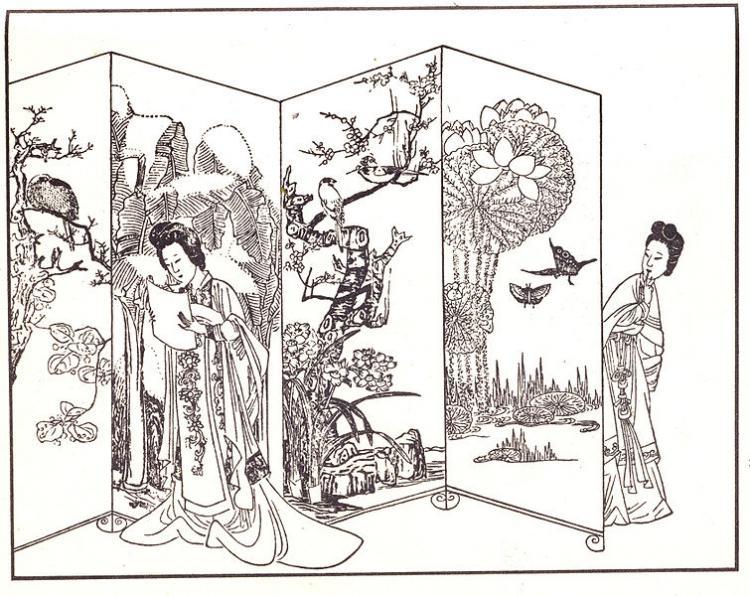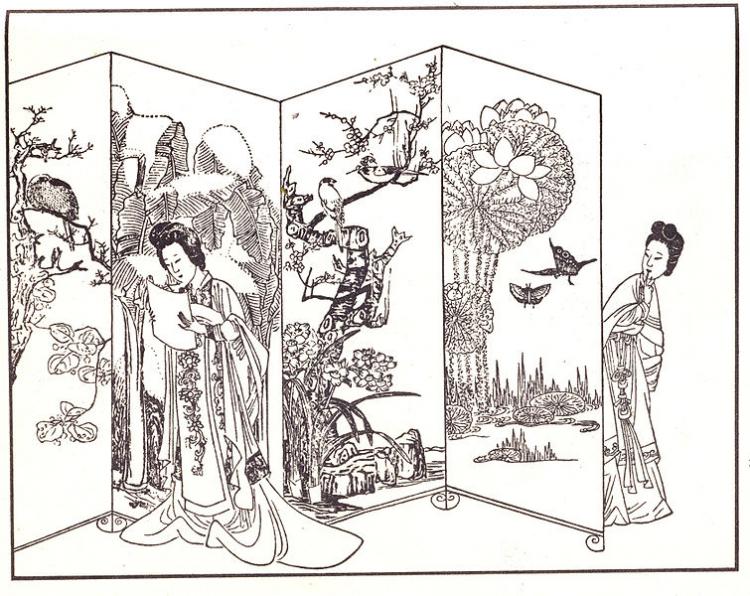The first anti-censorship software developed inside China, the Xi Xiang project, has recently been released online to penetrate the regime-sponsored Internet surveillance tools, the Great Firewall of China (GFW).
Striving to gain freedom of information on the Internet, a group of anonymous computer specialists started the Xi Xiang project in July 2008, according to the GFW Technical Comments blog. They spent a great deal of effort to reverse-engineer the GFW and released the products to the public, on the blog, on March 10.
The technical documents claim that the software enables users to easily bypass the GFW to directly visit blocked Web sites such as Youtube and Twitter.
The developers named the project after the famous 13th century play “Xi Xiang Ji,” known in English as “Romance of the West Chamber” in reference to the young scholar Zhang, who climbed over a wall to have secret meetings with his lover.
After studying the software, Dong Xiaoxing, a computer network expert, told Radio Free Asia that the Xi Xiang tools take advantage of the RST packets that are ignored by the GFW. Dong believes the blocking and anti-blocking war will be ongoing, and the software will be widely spread in the Chinese Internet communities.
According to those who have researched the GFW, it is a very resource-intensive system. It detects and blocks Internet access to any Web sites with unwanted contents, utilizing a combination of technologies, such as basic traffic analysis, DNS filtering and redirection, and keyword filtering. The Chinese regime invested heavily in the complex system, making it very difficult to be bypassed.
However, the GFW is not without vulnerabilities, according to the Xi Xiang developers. They provide a set of tools to perform a one-time configuration on users’ computers to avoid the GFW’s detection mechanisms so that users can connect to the target Web sites directly. The preliminary test successfully connected users to the blocked Web sites such as Youtube.
Shi Zhao, the director of the Chinese Wikipedia said: “Unlike other anti-censorship products that use proxy servers hosted overseas as intermediary connection points, the Xi Xiang tools can connect users directly to the blocked Web sites. It’s mainly useful for the keywords filtering.” Due to the technical limitations of the GFW, Shi believed it would take a while for the GFW to contain Xi Xiang.
A Chinese blogger commented: “The Xi Xiang project is the most exciting product I’ve seen in the past two years. I'll pay close attention to it.” Another Internet user said the software marks the end of the cat-and-mouse game between anti-censorship software and GFW, and the beginning of a new era of anti-censorship software actively attacking the GFW.
Guo Weidong, a well-known blogger said: “When the Internet users find out the information they get has been filtered and distorted, they will start looking for the truth. The desire to search for the truth, free thinking, and free expression can never be blocked by the GFW.”
Striving to gain freedom of information on the Internet, a group of anonymous computer specialists started the Xi Xiang project in July 2008, according to the GFW Technical Comments blog. They spent a great deal of effort to reverse-engineer the GFW and released the products to the public, on the blog, on March 10.
The technical documents claim that the software enables users to easily bypass the GFW to directly visit blocked Web sites such as Youtube and Twitter.
The developers named the project after the famous 13th century play “Xi Xiang Ji,” known in English as “Romance of the West Chamber” in reference to the young scholar Zhang, who climbed over a wall to have secret meetings with his lover.
After studying the software, Dong Xiaoxing, a computer network expert, told Radio Free Asia that the Xi Xiang tools take advantage of the RST packets that are ignored by the GFW. Dong believes the blocking and anti-blocking war will be ongoing, and the software will be widely spread in the Chinese Internet communities.
According to those who have researched the GFW, it is a very resource-intensive system. It detects and blocks Internet access to any Web sites with unwanted contents, utilizing a combination of technologies, such as basic traffic analysis, DNS filtering and redirection, and keyword filtering. The Chinese regime invested heavily in the complex system, making it very difficult to be bypassed.
However, the GFW is not without vulnerabilities, according to the Xi Xiang developers. They provide a set of tools to perform a one-time configuration on users’ computers to avoid the GFW’s detection mechanisms so that users can connect to the target Web sites directly. The preliminary test successfully connected users to the blocked Web sites such as Youtube.
Shi Zhao, the director of the Chinese Wikipedia said: “Unlike other anti-censorship products that use proxy servers hosted overseas as intermediary connection points, the Xi Xiang tools can connect users directly to the blocked Web sites. It’s mainly useful for the keywords filtering.” Due to the technical limitations of the GFW, Shi believed it would take a while for the GFW to contain Xi Xiang.
A Chinese blogger commented: “The Xi Xiang project is the most exciting product I’ve seen in the past two years. I'll pay close attention to it.” Another Internet user said the software marks the end of the cat-and-mouse game between anti-censorship software and GFW, and the beginning of a new era of anti-censorship software actively attacking the GFW.
Guo Weidong, a well-known blogger said: “When the Internet users find out the information they get has been filtered and distorted, they will start looking for the truth. The desire to search for the truth, free thinking, and free expression can never be blocked by the GFW.”






